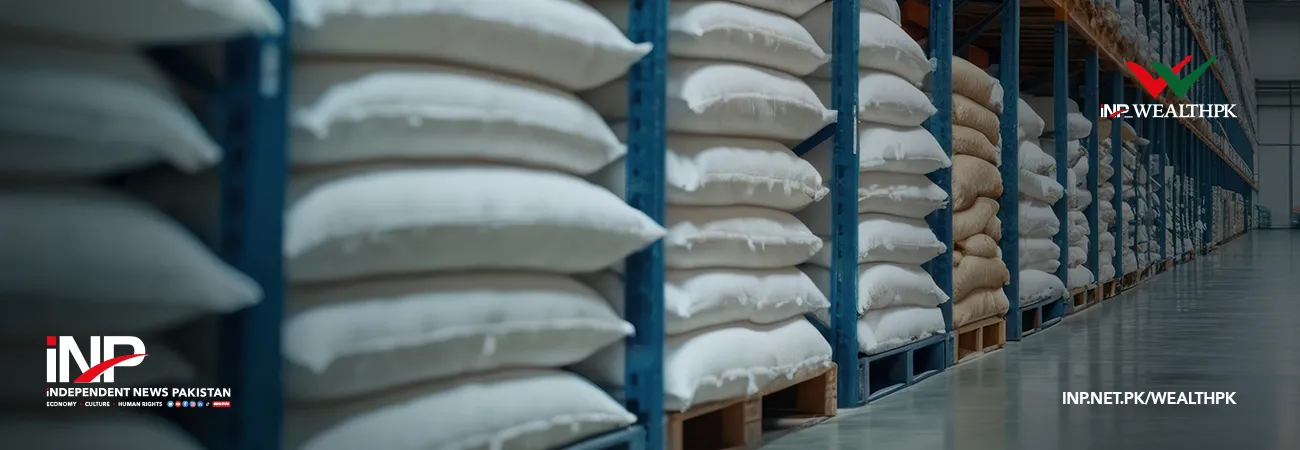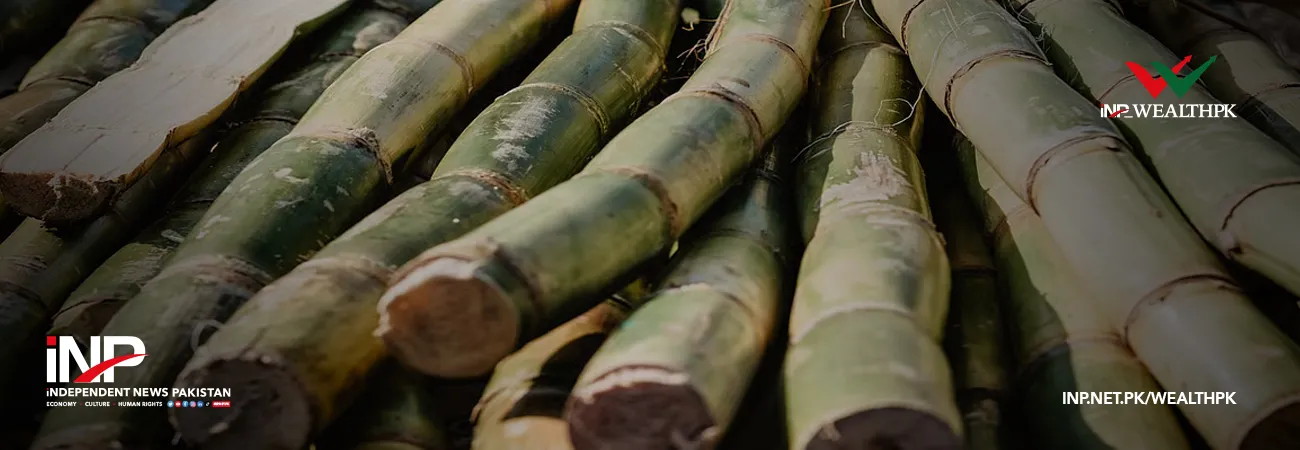INP-WealthPk
By Abrar Saeed ISLAMABAD, Oct 29, (INP-WealthPK) Pakistan stands fifth among the date-producing countries, sharing 11 percent of global production of fruit. According to the Ministry of Food Security, annual date production is estimated at 550,000 metric tonnes of which 50 percent is produced by Sindh, while the rest is contributed by Balochistan, Punjab and Khyber Pakhtunkhwa. Date orchards spread over around 75,000 hectares and are concentrated in Khairpur and Sukkur in Sindh, Turbat and Panjgur in Balochistan, Dera Ismael Khan in Khyber Pakhtunkhwa, and Muzaffargarh and Jhang in Punjab. There are around 160 varieties of date palms in the country. Pakistan exports $107.4 million worth of fresh and dried dates to the USA, Canada, France, Bangladesh, Indonesia, Malaysia, Germany and UAE making just 10 percent of the total production, while 90 percent of dried dates are exported to India. Around 95 percent of export consists of dried dates and only about 5 percent is exported in the form of pasteurized fresh dates, which is less than even 1 percent of the total date production. Although Pakistan currently stands at fifth position among the date producing countries, it can easily improve its position and enhance production by improving farm management, pre-harvesting, harvesting and post-harvesting practices. The country has the potential to supply fully processed high quality dates in various styles, shapes and forms, which include pitted/un-pitted whole dates, pressed date bricks, date chops, date paste in bulk as well as ready-to distribute small boxes/jars. Dry dates dominate the country's exports because of high demand in India. However, fresh dates fetch better prices, globally. Through government support, in the form of financing and date farm infrastructure development, Pakistani dates can fetch handsome foreign exchange. “With a little value addition, dates can be used to make syrup, juice, paste, vinegar and so on; the profitability could be enhanced manifold,"says Vice President of Sukkur Chamber of Commerce and Industry Gurdas Wadhwani. “Our farmers are compelled to go for drying dates, as they have no other option to save or sell their yield in the absence of requisite infrastructure and facilities,” he says. Dried dates suffer 60 percent weight and value loss. In the absence of proper processing units or cold storage, the only option left with the farmers remains drying the produce to save their crop. But, again due to the absence of proper drying plants, the farmers have to stick to the primitive and crude way of drying the fruit which further deteriorates its value. Owing to the unhygienic way of drying, Pakistani dates carry about 21 per cent aflatoxin, a family of toxins produced by certain fungi on agricultural crops, while internationally only 2.3-7.15 percent is acceptable. Addressing a seminar on agriculture in Karachi recently, Sindh Minister for Agriculture Ismail Rahu said the provincial government had taken a number of steps to help boost date production and to provide farmers optimal use of their produce. The Sindh government is offering opportunities to businessmen to set up date processing and storage facilities, he said, adding that ideally such plants and storage facilities should be developed in Khairpur District – the hub of date palm trees. The minister said the country had earned $103 million in 2016, $108 million in 2017 and $113 million in 2018 by exporting fresh, dry dates but the export fell to $71 million in 2019 mainly because of a trade standoff with India. Briefing the National Assembly Standing Committee on Commerce about the impact of this standoff, Federal Secretary Commerce Muhammad Sualeh Ahmed Farooqui said the government had explored new markets for Pakistani dates and also devised a strategy to export value-added dates instead of exporting raw or dried ones. He said Pakistan had exported $14.20 million worth of dates to Nepal in 2019-20 compared with a meagre $0.03m in 2018-19, registering a hefty increase in a year’s time. Pakistan also exported $1.2m worth of dry dates in 2019-20 to Singapore and $1.13 million to Thailand for the first time in 2019-20. Other vital export destinations where date exports witnessed an increasing trend included the UAE, Kuwait, Oman, Bangladesh, Turkey. The country can turn this sector into a potent source of foreign exchange by paying attention to processing, value addition, packaging and adequate storage facilities.





